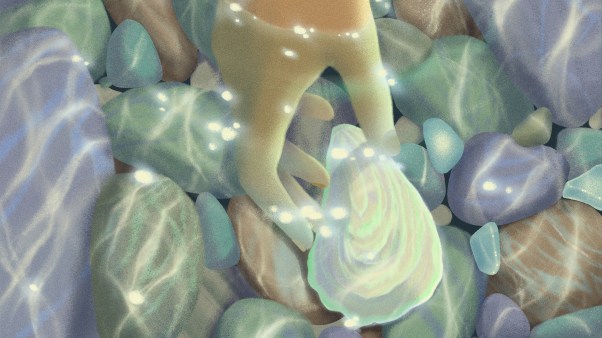Only 53 percent of adults know how long it takes the earth to revolve around the sun, a national survey commissioned by the California Academy of Sciences showed. That’s sad, if not surprising. But former President and Rhodes Scholar Bill Clinton also revealed a startling ignorance about basic science shortly after President Barack Obama increased federal funding of stem-cell research that destroys embryos.
After CNN presented him as a policy expert on the matter, Clinton referred a half-dozen times to human embryos as “unfertilized” and said they would only “become human beings” if they were fertilized, which couldn’t happen with the embryos in question.
Of course, embryo is the scientific term for the growing human in its first couple months of existence. The ones being used and destroyed for stem-cell research are about four to five days old. And fertilization, as schoolchildren know, is when the sperm and ovum unite. Without fertilization, there is no embryo.
And yet the mainstream media portrayed George W. Bush, not Clinton, as the former President who disregarded science. Expanding embryonic stem-cell research, the media and the White House told us, was about returning science to its “rightful place” and removing the Bush administration’s backward ideological agenda from scientific decision making.
If science is all that matters, why did Obama fail to mention—and yet remove explicit funding for—the science that has produced the biological equivalent of embryonic stem cells without destroying embryos?
And if science should be free from any religious influence, why did Obama bring in religious leaders from mainline Protestant denominations and Jewish organizations for the embryonic stem-cell signing ceremony? The White House somehow managed to hyper-politicize and hyper-sacralize science in the name of making it apolitical and unencumbered by religion.
But why have such unending hope in a science unrestricted by questions about its proper use, limits and ambitions anyway? Consider that we are talking about the same federal government that, not too long ago, withheld life-saving syphilis treatment from 400 poor black men for 40 years, causing many of them to die, infect their spouses, and give the disease to their children at birth. Should scientific research never be limited by moral concerns? Are scientists particularly trustworthy arbiters of morality?
And are they somehow immune from being wrong? Paul Ehrlich wrote in The Population Bomb that “the battle to feed all of humanity is over. … In the 1970s and 1980s hundreds of millions of people will starve to death in spite of any crash programs embarked upon now.” Obama’s science adviser once warned that famines caused by climate change would cause one billion humans to die by 2020. A century ago, encyclopedias said black people were more evolutionarily similar to anthropoids than white people.
“A lot of science, it turns out, can’t withstand serious scrutiny,” says former Harvard University stem-cell researcher David Shaywitz, cautioning policymakers against treating science too reverentially. Indeed, studies show that over half of published research findings can’t even be replicated.
And yet every time Big Science comes out with another paper aiming to discredit religion, the media eat it up as, well, the Word of God. One recent study highlighted in Psychology Today said that, sure, “some churchgoers may also seek a closer relationship with God” but ultimately, “reproductive strategies are likely to be the most important” reason for church attendance.
Most religious adherents see religion and reason as complementary responses to the unknown. But many scientists want to push the former out of the picture entirely. Materialist scientists studying the evolution of religion say belief is an outgrowth of brain architecture that evolved either by evolutionary adaptation or neurological accident. Some brain chemists track imbalances that they say could account for the “ecstatic state” of Jesus, whatever that means. Evolutionary anthropologists claim that simple computer programs explain how religion evolved. Neuroscientists say that love is nothing more than a series of neurochemical events in specific brain areas.
As interesting as it is to watch some scientists attempt to explain away religion, it sure looks like many scientists are going out of their way to discredit those who would impose moral boundaries on their work.
Despite what Obama has said, whether to destroy human embryos for research isn’t a scientific question—it’s a moral question about how to treat nascent human life. It seems the current embryonic stem-cell policy is what happens when questions about when human life begins are above the President’s pay grade.
Copyright © 2009 Christianity Today. Click for reprint information.
Related Elsewhere:
Christianity Today has more coverage of embryonic stem-cell research. CT also covers political developments on its politics blog.










